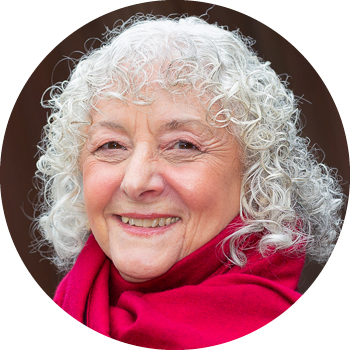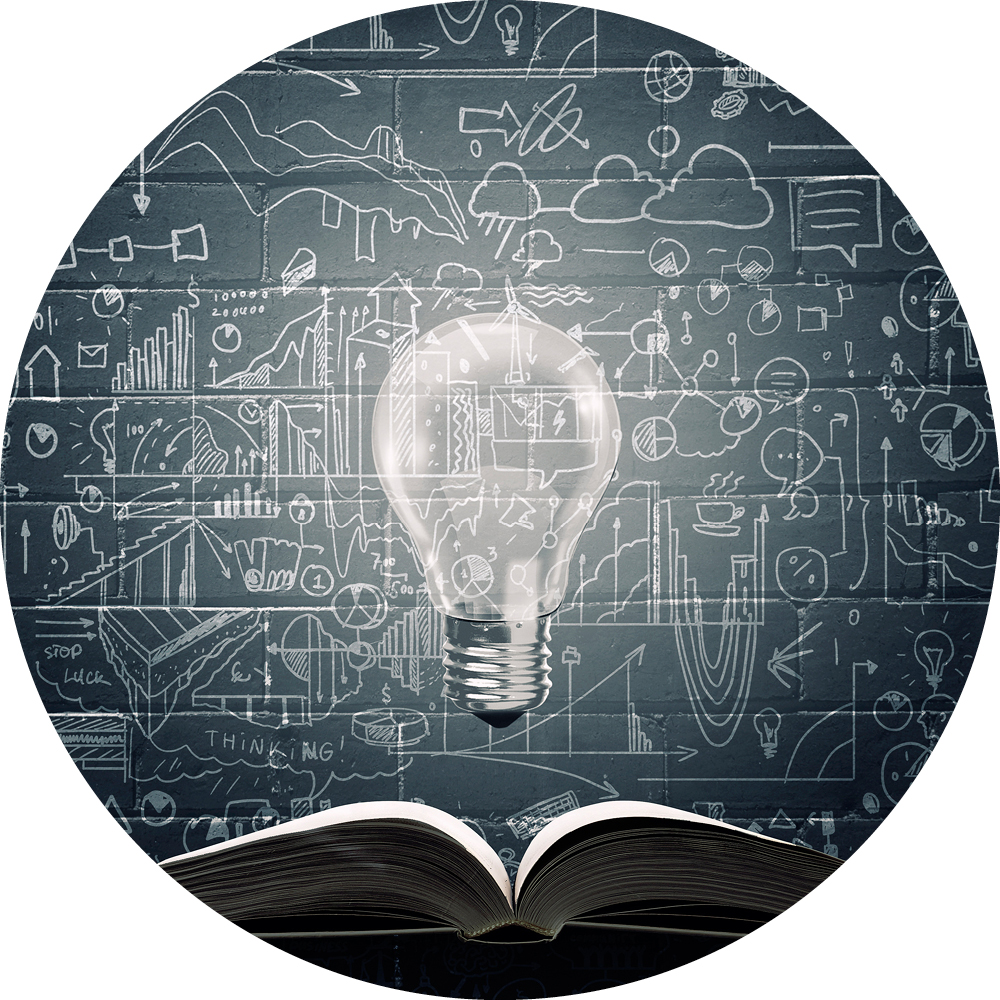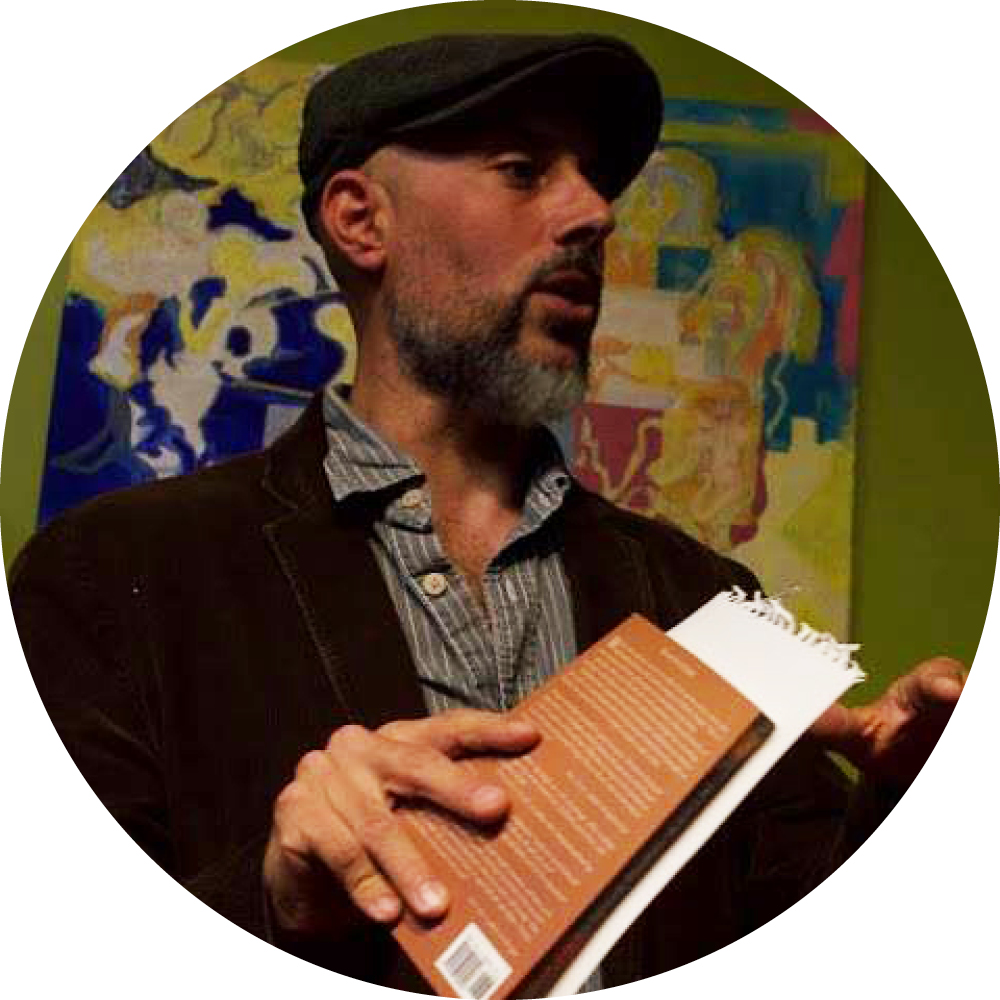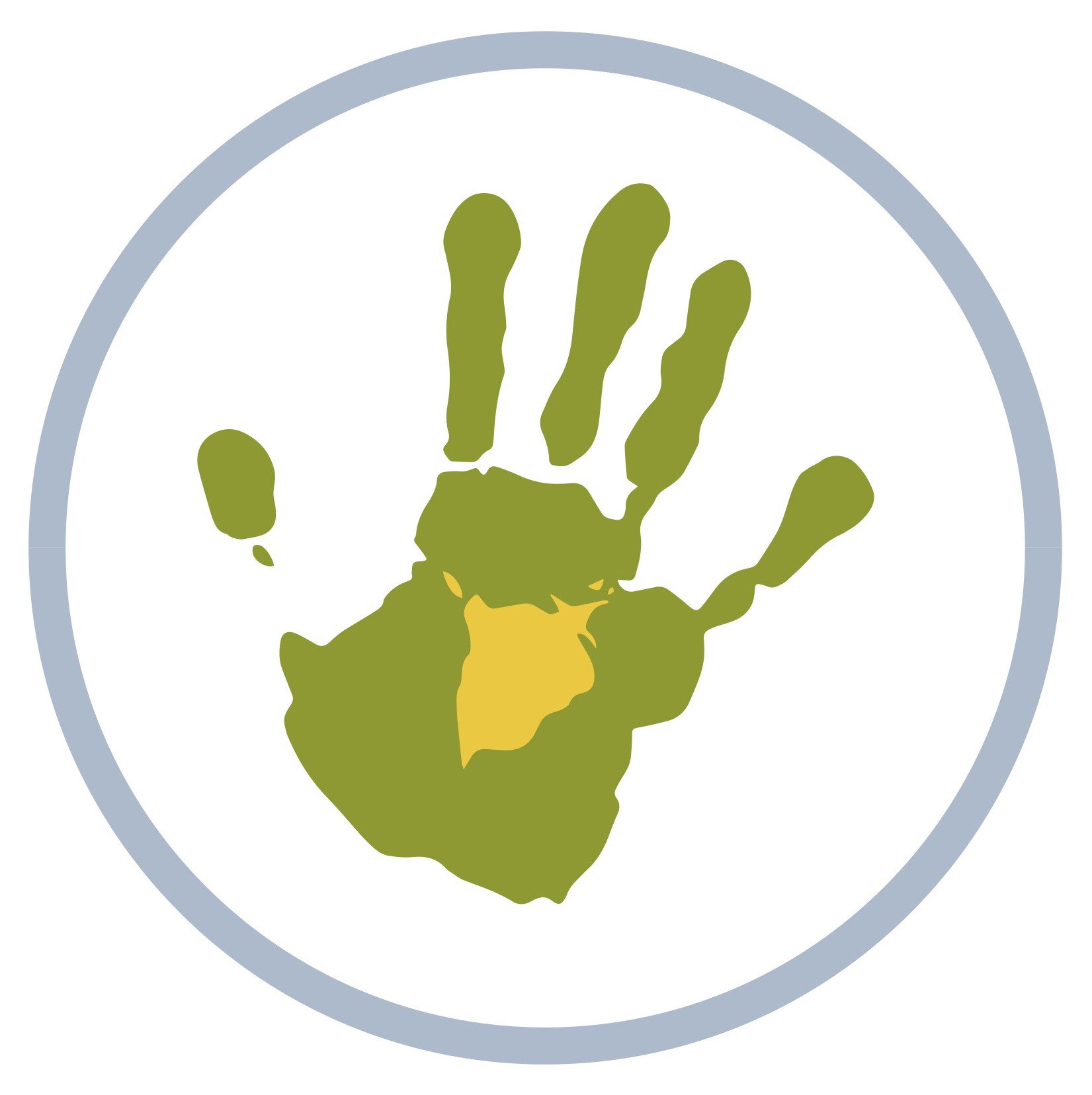Consciousness, Transformation, Natural
Learning Relationships: the Ground for the
Reimagining of Education
By Josette Luvmour, PhD and Ba Luvmour, MA
Introduction
Consciousness, our knowing faculty, is both profound and essential. Sacred consciousness transcends the mere contents of the world, allowing us to perceive both externally (without) and internally (within) looking back at its own nature. In its purest form, consciousness is empty; devoid of specified content, values, or judgments. Ultimately, consciousness serves as the medium through which we understand ourselves and our surroundings, profoundly influencing every aspect of our lives.
Evidenced primarily through changes in perception, consciousness shapes our behavior, identity, relationships, and understanding of the world (Gebser, 1984; Kegan, 2000). Kegan postulated that human development is driven by a natural inclination toward greater complexity, guided by the inherent intelligence of life itself – a dynamic force continually shaping and reshaping existence. Thus, consciousness is known by its manifestations, functions, and organization of time and space (e.g., how reality is organized).
Our behavior, then, becomes the expression of our consciousness, with self-awareness paving the way for transformative choices. As Octavia Butler and countless others have observed, change is omnipresent – in nature, in ourselves, and in our consciousness. Our challenge lies in comprehending these shifts in consciousness to facilitate personal and collective transformation. Nature’s dynamic is change.
Humans change. Our consciousness changes. Our challenge is to understand the changes in consciousness so that we organize ourselves and our world to bring forth transformation.
Transformation, in this context, denotes a profound shift in perspective, wherein existing patterns dissolve to reveal deeper insights that inform new identities and actions. It awakens an inner knowing, fostering trust and infusing life with purpose and direction.
Natural Learning Relationships (NLR) offers a unique lens through which to understand the evolving consciousness of children from birth to adulthood and beyond. Rooted in ontological epistemology, NLR illuminates how individuals know themselves and the world. As an ontological epistemology, NLR principles transcend cultural boundaries, offering insights applicable to all human beings accommodating all cultures.
Understanding NLR prompts a paradigm shift, empowering us to nurture transformation in children and society at large. The implications for education, parenting, social justice, and our collective well-being are profound – evoking both joy for the potential it holds and sadness for the barriers hindering its widespread adoption.
Natural Learning Relationships
In this article, we aim to interconnect consciousness, transformation, and Natural Learning Relationships (NLR) to herald a reimagined approach to education – one that unveils the inherent potential within each individual.
Here, we provide an introductory overview of NLR by addressing common inquiries that have arisen over the years. In subsequent articles, we will delve into its intricacies with greater specificity. (For those seeking a comprehensive exploration of NLR, our author pages on Amazon feature a range of publications, from introductory eBooks to comprehensive books like “Grow Together: Parenting as a Path to Well-Being, Wisdom, and Joy,” and “Nurturing a Child’s Consciousness: Natural Learning Relationships and the Roles of Parents, Educators, and Caregivers.” Additionally, our website hosts essays on specific applications – www.luvmourconsulting.com.)
Question: How can NLR be universally applied across diverse cultures?
Answer: Analogous to dietary needs where everyone requires proteins and vitamins but can fulfill them in myriad ways, NLR recognizes the unique psycho-emotional needs of individuals throughout their lifespan. Once comprehended, there exist infinite avenues to address these needs. The fundamental prerequisite is an appreciation for a child’s evolving consciousness and a commitment to engaging the NLR approach to child development.
Question: How was Natural Learning Relationships discovered?
Answer: Over 48 years, our exploration encompassed self-observation, fieldwork in education and experiential learning, seminars with diverse stakeholders, and directing three relationship-based educational institutions and a large family learning center. Additionally, our journey involved intensive study across various disciplines—from psychology to spirituality, anthropology to brain research—culminating in the application of these insights at every educational level.
Question: What sets NLR apart from previous child development approaches?
Answer: As an ontological epistemology, NLR is a way of knowing oneself and the world as greater complexity emerges throughout a lifetime. Unlike stage theories reliant on surveys and behavioral data, NLR embraces the dynamic complexity of human development. NLR views behavior as indicative of a child’s evolving way they organize their world and encompasses the entirety of a child’s being, recognizing and nurturing essential human qualities at each stage. The whole child is included providing knowledge of the way children organize and express essential human qualities, such as trust, belongingness, autonomy, interconnectedness, love, community, spirituality.
While stage theories often prescribe universal, sequenced stages of development, NLR adopts the dynamic systems view, acknowledging the multifaceted nature of growth and emphasizing the symbiotic relationship between elders and children. Moreover, NLR examines the intricate web of relationships shaping a child’s life, contrasting with stage theories that often overlook this interconnectedness.
In essence, NLR empowers elders to perceive through a child’s eyes and empathize with their heart, fostering mutual growth and understanding. In contrast, stage developmental theories perpetuate a top-down perspective, reinforcing hierarchical power-over dynamics that inhibit holistic understanding and growth.
Elders who practice NLR deepen self-knowledge and, often access wisdom that appears as greater self-trust, deeper commitment serving the interconnectedness of all life, and sharpened focus of meaning and purpose throughout the lifespan.
Reimagining Education
Transformation lies at the heart of education, embodying the evolution of consciousness and the cultivation of individual and collective potential. In this section, we explore the symbiotic relationship between transformation and education, illuminating how embracing Natural Learning Relationships (NLR) can revolutionize educational paradigms.
In our quest to reimagine education, we must transcend the conventional focus on preparing students for the job market or conforming to societal norms. Instead, we need to start by deeply understanding the essence of the child – what shapes their consciousness and how it influences the learning process. This fundamental inquiry must form the cornerstone of any educational endeavor, particularly for holistic educators.
Education that truly nurtures the whole person entails activating the inherent capacity to explore deeper aspects of consciousness. It involves continually transforming our perspectives, beliefs, and attitudes again and again in relationship to evolving contexts and needs. Ultimately, it means harnessing and continually reactivating our innate potential for holistic well-being and enduring relationships.
Central to this paradigm shift in education is a profound focus on the consciousness of the child. Educational communities grounded in consciousness can cultivate environments that foster the natural developmental capacities unique to each stage of childhood.
At its core, education is about relationships – a notion underscored by its profound impact on the developing brain. With the right perspective, understanding, and effort, relationships can catalyze overwhelmingly positive outcomes. Relationship-based education encompasses a holistic understanding of the child, incorporating psychological, emotional, social, physical, and spiritual dimensions. Here, the curriculum often emerges from students’ interests, and the teacher’s role is to craft an environment where students feel supported to embrace respect, honesty, care, and joy in learning. When children feel this type of connection, they are inspired to become empowered learners who are confident, capable, and cooperative.
Transformative learning facilitates the actualization of humanity’s innate capacity to find profound meaning in wisdom and relationships. Grounded in a deep understanding of the interconnectedness of all aspects of the child, transformative learning fosters trust, love, and authentic community. The core values that guide this process are contained in an understanding of the holistic nature of the child (not just parts), interconnectedness, and human development within an inner field of knowing.
Moreover, NLR encourages educators to engage in ongoing self-reflection and inquiry, deepening their understanding of themselves and their role in the educational process. This self-awareness not only enhances their effectiveness as educators but also fosters empathy, compassion, and resilience in navigating the complexities of teaching
and learning.
As adults immerse themselves in learning and applying the principles of child development, they often experience a profound shift in their communication, decision-making, and nurturing development in children. In this mutual journey of growth, both adults and children undergo transformation. By meeting the unique needs of each child, we are called upon to tap into our own depths of understanding and compassion.
We trust that this article serves as a catalyst, sparking curiosity for the deeper understanding and practical applications to be explored in our forthcoming article on “Consciousness, Transformation, Natural Learning Relationships – the Ground for the Reimagining of Education.”
Abstract
In this article, we embark on a transformative journey to reimagine education through the lenses of consciousness, transformation, and Natural Learning Relationships (NLR). Departing from conventional approaches fixated on job market readiness and societal norms, we advocate for a profound shift in educational philosophy – one rooted in a deep understanding of the child’s consciousness and its pivotal role in the learning process. Education, in its essence, becomes a holistic endeavor, activating the innate capacity to explore deeper aspects of consciousness and fostering well-being. We highlight the importance of educational communities grounded in consciousness, creating nurturing environments that honor the unique developmental journey of each child. Central to this paradigm shift is the recognition of education’s relational nature – a catalyst for positive development in the evolving brain. We champion relationship-based education, where educators embrace the multidimensional nature of the child and cultivate environments conducive to meaningful learning experiences. Transformative learning emerges as a cornerstone of our approach, guiding individuals to realize profound meaning in wisdom and relationships. Grounded in core values and a deep understanding of child development, transformative learning fosters trust, love, and authentic community. We explore the transformative potential of adults who embrace principles of child development, experiencing a profound shift in their growth and nurturing practices. Through mutual growth and understanding, both adults and children undergo transformation, embodying the essence of holistic education.
References
Gebser, J. (1984). The ever-present origin (N. Barstad, Trans.). Athens, OH: Ohio University Press.
Kegan, R. (1982). The evolving self: Problem and process in human development. Cambridge, MA: Harvard University Press.
Kegan, R. (2000). What “form” transforms? A constructive-developmental approach to transformative learning. In J. Mezirow (Ed.), Learning as transformation: Critical perspectives on a theory in progress (pp. 35-70). San Francisco: Jossey-Bass.
Luvmour, B. (2022). Nurturing a child’s consciousness: Natural Learning Relationships and the roles of parents, educators and caregiver paperback: Independently Published.
Luvmour, J. (2017). Grow Together: Parenting as a path to well-being, wisdom, and joy. N. Charleston, South Carolina: Create Space Publishing.
Luvmour, J. (2011, 2019). Education and the Consciousness of the Developing Child. Encounter: Education for Meaning and Social Justice, 24(4), 15-23.
Luvmour, J. (2006, 2021). Human Learning and Motivation: What transforms in an adult (pp. 34): Fielding Graduate University.


Ba Luvmour, MA
Ba is a leader in his field of evolution of consciousness through childhood and has worked as a mentor in just about every phase of life with children and their families. He enjoys providing professional development programs, and has taught courses as faculty in graduate schools (e.g., Antioch, and Portland State University). Currently, he is a consultant and one of the principal architects for the successful reorganization of the Transformative Learning Foundation. (www.transformativedynamics.org)
As a writer, he authored over six books. The most prominent are, Nurturing a Child’s Consciousness: Natural Learning Relationships and the roles of parents, educators, and caregivers; and Beyond Metaphor: Dialogue from the realm of self-knowledge. His written works can be found on Amazon. Ba co-founded three relationship-based holistic education schools and a large learning center for families and children. Clients include City Year, a nonprofit partner of AmeriCorps in Memphis, TN with an emphasis on teacher-student relationships and SEL. In addition, they have been instrumental in reinstituting Rites of Passage in contemporary culture.
Ba and Josette live, work, and play together in Portland, Oregon with their two grandchildren, Ruby and Celeste and their dad, Albee.
Re-sources
Re-Imagining Education

Empowering educators to take a deeper look at the stories told in our schools and to re-imagine them in transformative and
nurturing learning spaces.
Learning Opportunities

Classes, workshops, and lectures that help to empower people to re-imagine who they are and their place in the world.
CWP

The Chicago Wisdom Project offers a alternative to the industrial and corporate models of education that have become increasingly prevalent in the American educational landscape.
